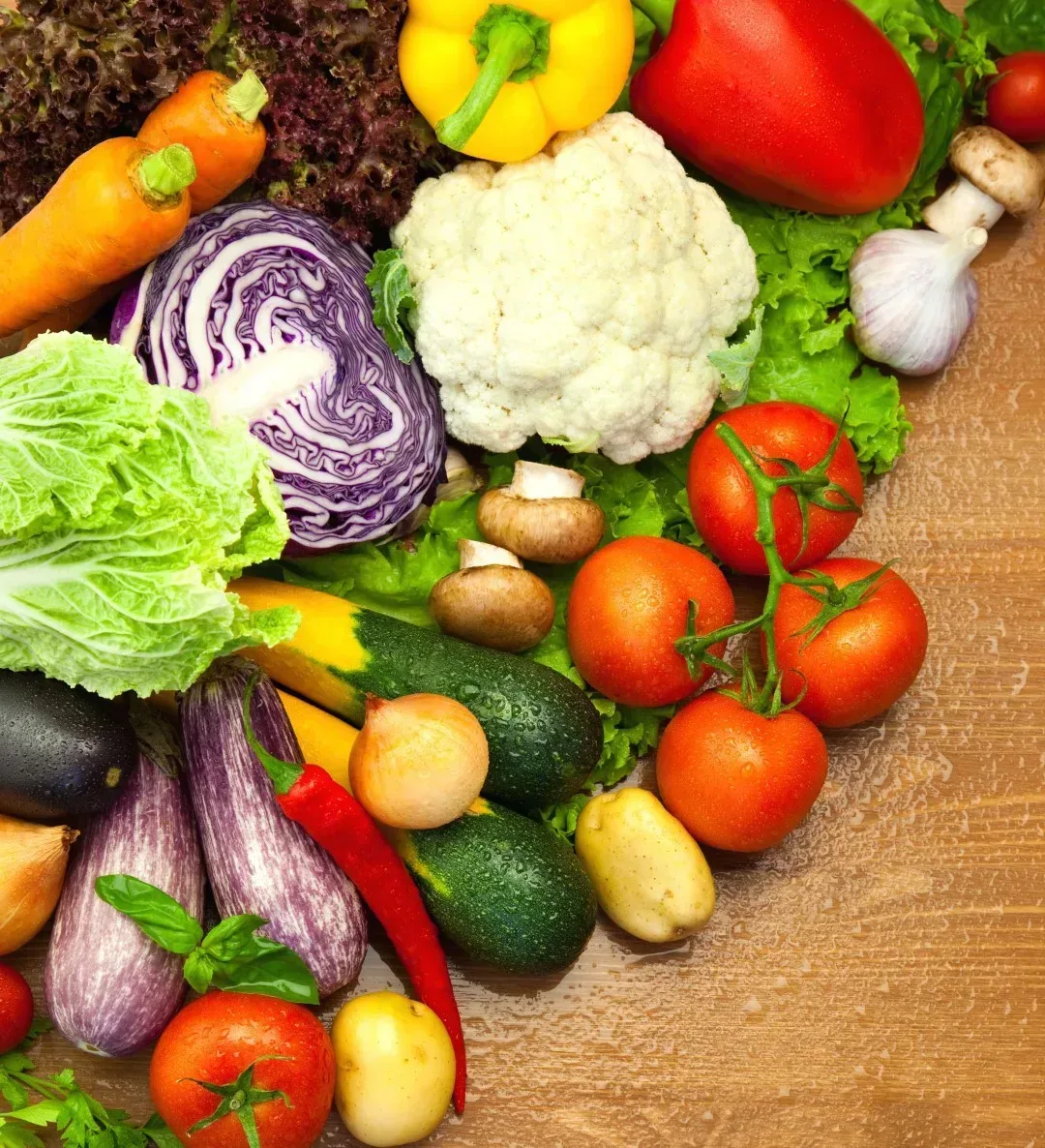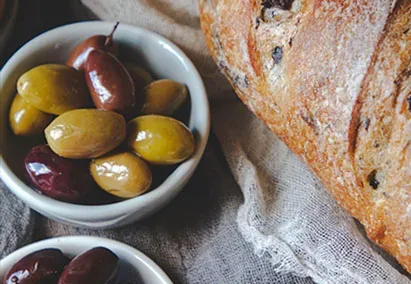
Lifestyle habits (like smoking and tanning), and genetics can certainly influence and predispose your skin to pesky conditions, but that doesn't mean the quest for a glowing complexion and better skin is a lost cause.
You are what you eat, and what you don't eat can affect your skin. When eating for skin health, there are a few vitamins, nutrients, and ingredients to keep in mind. You can't go wrong with any fruits and vegetables, but for glowing skin, look for foods that contain these: vitamin C, vitamin A, collagen, vitamin E, vitamin D, omega-3 fatty acids. Nutrition is one of the many factors important for the maintenance of healthy skin.
Tomatoes – Eating tomatoes helps boosts collagen strength and fights off the oxidizing effect of UV rays by eliminating skin-aging free radicals.
Carrots – Think of carrots as your very own wonder wands: good for the eyes and good for clearing up breakouts. No magic here, though—just plenty of beta-carotene and vitamin A, an antioxidant that prevents the overproduction of cells in the skin's outer layer. Plus, vitamin A plays an essential role in reducing the development of skin cancer cells.
Yellow peppers – Researchers found that the more yellow and green vegetables people ate, the less apt they were to have wrinkles and crows feet—even once they controlled for smoking and sun exposure.
Broccoli – Broccoli is another vitamin C-rich food that's great for achieving glowing skin. In addition to broccoli, other great cruciferous veggies include cauliflower, kale, and bok choy.
Kale – Kale is a top choice as it reduces oxidative stress. This veggie is loaded with the skin's favorite anti-aging vitamins A, C, E, and K. Leafy greens are one of the most potent sources of vitamin K, a vitamin that helps with blood clotting and faster healing when ingested.
Sweet potatoes – Few foods are as rich in the beauty stuff as a baked sweet potato. In fact, just half a medium potato provides 200% of your daily recommended intake.
Spinach – Spinach is a good source of both vitamin A and vitamin C. Researcher speculates that the high levels of folate, an essential B vitamin that helps maintain and repair DNA, in these veggies may reduce the likelihood of cancer-cell growth.
Sources: Eatthis.com
Recent Posts
Related Articles
Tips for stronger nails
Our nails can send lots of messages to others, and weak or...
June 19, 2023The haircut for your face shape
When it comes to picking a fresh haircut, your face shape is...
June 19, 2023Skincare rutine at the end of a busy week
A weekly skincare routine can save you if your skin has started...
June 19, 2023How to identify your skin type
All skin types can benefit from daily cleansing and moisturizing, but different...
June 19, 2023

























Leave a comment